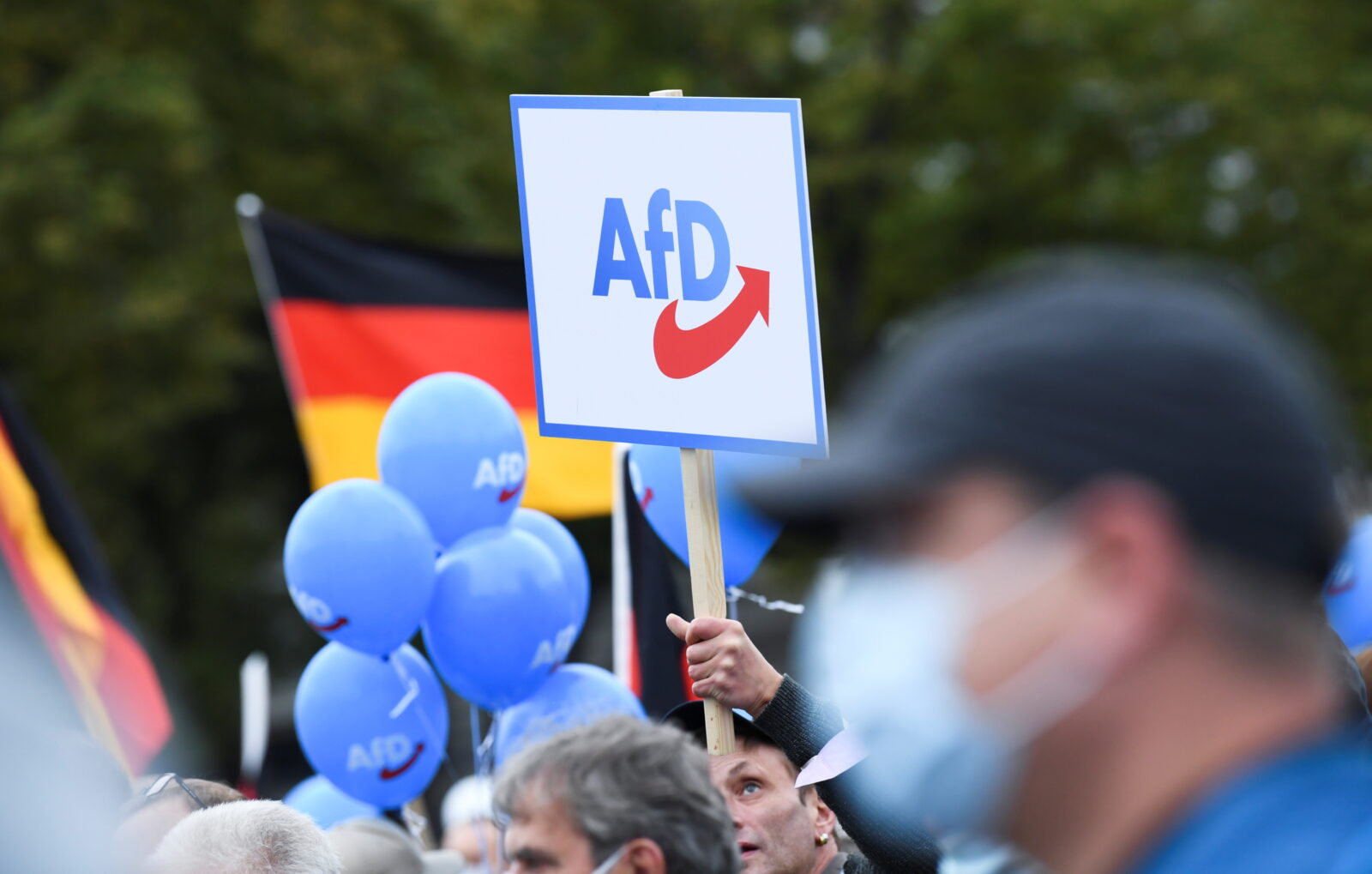
Germany's domestic intelligence agency on Friday classified the far-right AfD party as a “proven extremist group”—a designation likely to reignite the debate about banning the party.
The Federal Office for the Protection of the Constitution (BfV) announced that its extensive investigation has determined that the party has been following a far-right nationalist and extremist agenda, actively undermining Germany's democratic constitutional order.
“The party's predominant understanding of people based on ethnicity and ancestry is incompatible with the free democratic constitutional order,” the BfV emphasized in its statement, noting that the AfD has been seeking to exclude certain population groups from equal participation in society, while subjecting them to discriminatory treatment.
“For example, the AfD does not consider German citizens with a migration background from Muslim countries, to be equal members of the society, as it defines German people solely in ethnic terms,” the agency explained in its assessment.

The AfD party, known for its anti-immigration stance, was initially placed under preliminary observation in 2019. It was later classified as a “suspected extremist group” in 2021—a designation that courts in Cologne and Münster upheld despite the party's legal challenge.
That designation allowed security services to use stronger intelligence tools for surveillance of the party's activities, such as conducting communications surveillance and recruiting informants to monitor suspicious activities of party branches and their links to outlawed extremist groups.
Support for the far-right Alternative for Germany (AfD) has reached a record 26% in the latest opinion polls. The anti-immigrant party has gained five percentage points since the February snap elections, making it Germany's strongest party for the first time.
The AfD has significantly increased its vote share in recent months by campaigning against migration, stoking fears of Muslims and immigrants. The party has also benefited from frustration with traditional parties and fears of an economic downturn.
Chancellor-designate Friedrich Merz's CDU/CSU has dropped to second place with 24% support in the latest Forsa poll released Tuesday, falling 4.5 percentage points from their February election victory. Their coalition partner, the Social Democrats (SPD), has slipped to 14%, falling more than 2 percentage points below their election result.